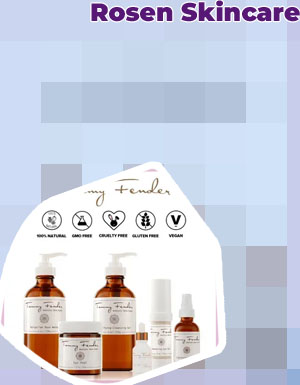
Skincare01.25.23
"Skin care is simpler than the beauty industry is trying to make it. The reality is the industry needs to keep creating a need to get consumers to buy more products," Dr. Caren Campbell, a dermatologist, tells CNET. "Skin care for most people is basic -- a sunscreen, antioxidant and retinoid are my holy trinity." Top skin care brands When it comes to Korean skincare, Elizavecca is undoubtedly one of the leading brands. The company was founded in 1990 by Kim Hee Jun, a student in Korean Oriental Medicine who saw a gap in the market for high-quality skincare products. Since then, Elizavecca has strived to provide customers with top-of-the-line products that are not only effective but also pleasant to use.
Good skin care brands
Frey has always been a self confessed “chemistry nerd” interested in skin-care ingredients. Early in her career, she bought a Corneometer, an instrument which assesses the water content of skin. She started testing her patients, building up a database. In 2014, she launched Fryface.com, a definitive resource of products she had discovered to be effective. The Benefits of Collagen In Skincare Heals acne scars? Check. Brightens skin? Check. Free of fragrance? Check! This product is a triple threat, earning high praise from reviewers. "This product did not irritate my skin like other chemical exfoliants have in the past," says Shop TODAY associate social media editor Dani Musacchio. "I love how it has zero fragrance. I applied this product using a cotton pad which helps pick up extra dirt and oil that collects on my face throughout the day."
Stay Informed On All Things Skincare
If you have sensitive skin or a compromised skin barrier (aka certain skin diseases), Patel says that certain ingredients in medical-grade products can cause irritation, redness, and inflammation, so be sure to consult with your dermatologist if you're of this skin type. Best Peel From The Ordinary As long-standing power players, like Unilever, enter the luxury market, they will have the existing infrastructure to rapidly increase synergy, reach, and credibility by building a portfolio of high-end skin care brands. In response, indie brands should be prepared to face increased competition. This outlook on the luxury skin care market is echoed by Carrie Melange, the VP of marketing research firm Kline: